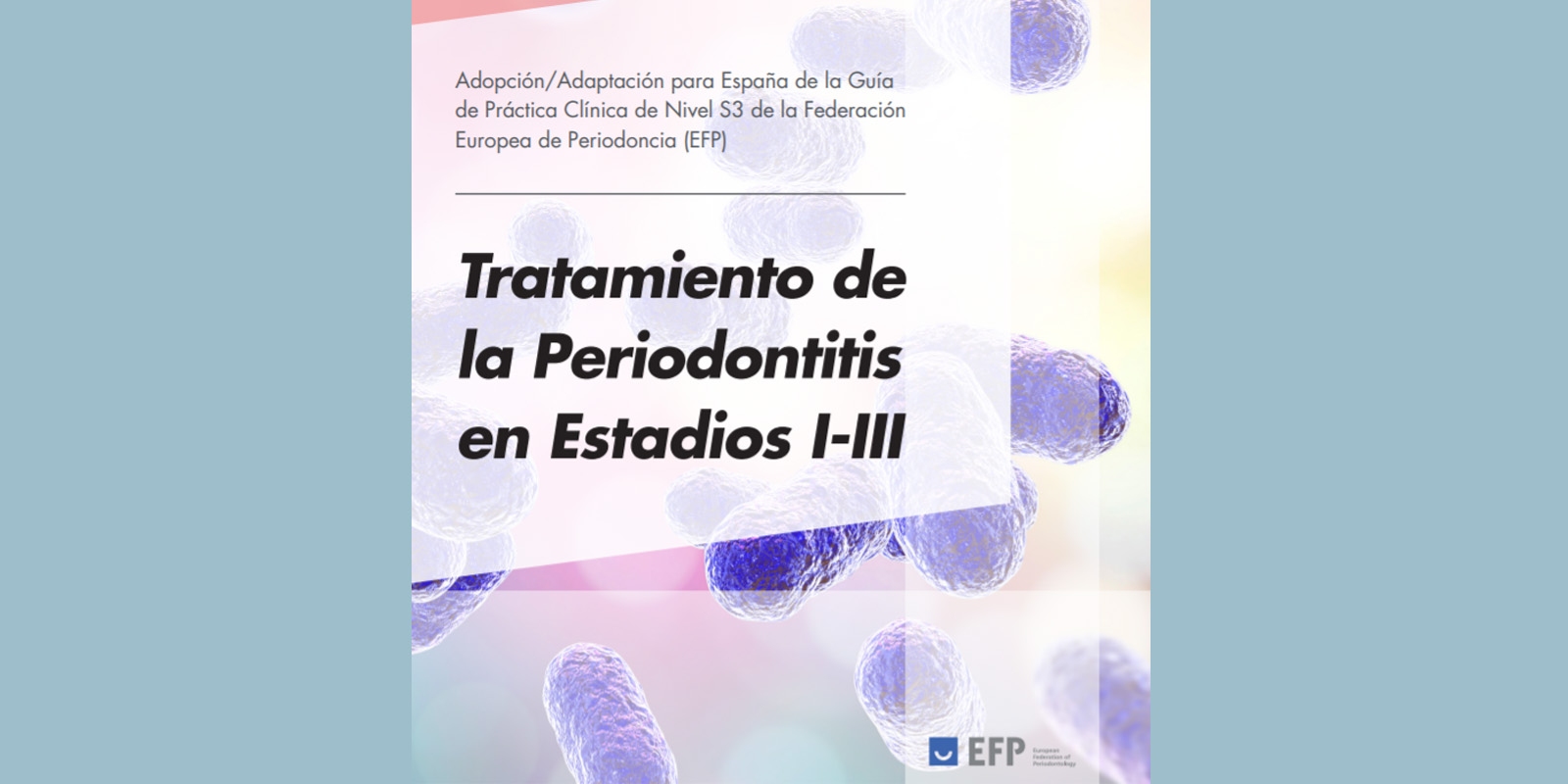DENTAID EXPERTISE
News for dentistry professionals
Why is pre-operative antisepsis important in oral surgery?
08 Nov 2011

Surgical wound infection considerably increases the morbidity of any given surgical intervention. The oral cavity presents an even greater risk, since it is a medium that holds potentially pathogenic aerobic and anaerobic microorganisms, making aseptic conditions nearly impossible to attain.
Currently, no established protocols exist for pre-operative antisepsis in oral surgery, but it is widely acknowledged that temporary reduction of intraoral bacterial counts can decrease levels of bacteraemia, post-operative infection and intraoperative contamination of implants or grafting materials.
In reference to bacteraemias, it has been proven that pre-operative rinsing for 2 minutes with 0.12% chlorhexidine reduces the bacterial load present in the oral cavity, and therefore reduces intra and post-operative bacteraemia. This rinsing forms part of the recommendations for antisepsis in oral surgery that are dictated by institutions such as the British Society for Antimicrobial Chemotherapy.
Benefits
It is also well known that alveolitis or surgical site infection is one of the most common complications with the highest morbidity in oral surgery. Although it has not been determined if one pre-operative CHX mouthrinse alone significantly reduces the risk for alveolitis, it has been proven that its manifestation after extraction of the third molar is lessened when pre-operative chlorhexidine rinsing is performed, and when rinsing continues during the first seven days of the post-operative stage. Although it is difficult to compare studies due to the great difference in their handling of the variables, a relationship between the decrease in frequency of alveolitis and the reduction in bacterial count in the oral cavity can be appreciated.
In reference to implants and bone augmenting techniques, the association between infection and unfavourable results is widely accepted.
Oral pathogenic microorganisms are the main source of intraoperative infection, both in dental implants and in grafting materials, particularly in autologous bone grafting, because of the extensive intraoperative time and manipulation required. Since CHX is effective in controlling bacteria in the oral cavity, it has been proposed for reducing infectious complications in dental implants and recommended when autologous bone collection or other regenerative techniques are to be performed.
The main goal of antisepsis techniques in oral surgery is to obtain a substantial, immediate reduction of the oral microbial load, therefore minimizing infection-related postoperative complications.
Information provided by: www.secib.es
RELATED ARTICLES

17 Feb 2022
EuroPerio Series: professional discussions and scientific exchange
To keep the global perio community up to date with the latest research findings as well as give a taster of what is to come at EuroPerio10, the…

21 Jan 2022
Xerostomia in COVID-19 positive patients: clinical considerations
Severe Acute Respiratory Syndrome Coronavirus 2 (SARS-CoV-2) the cause of the pandemic known as COVID-19, affects different organs and systems (lungs,…

20 Jan 2022
A guide adapted to Spain to optimise the approach to periodontitis
There are currently numerous clinical practice guidelines to direct the treatment of many systemic diseases (such as diabetes, depression,…
Sign up for the DENTAID Expertise newsletter
Sign up for the newsletter